Supporting women entrepreneurs
The world’s agents of inclusive economic growth
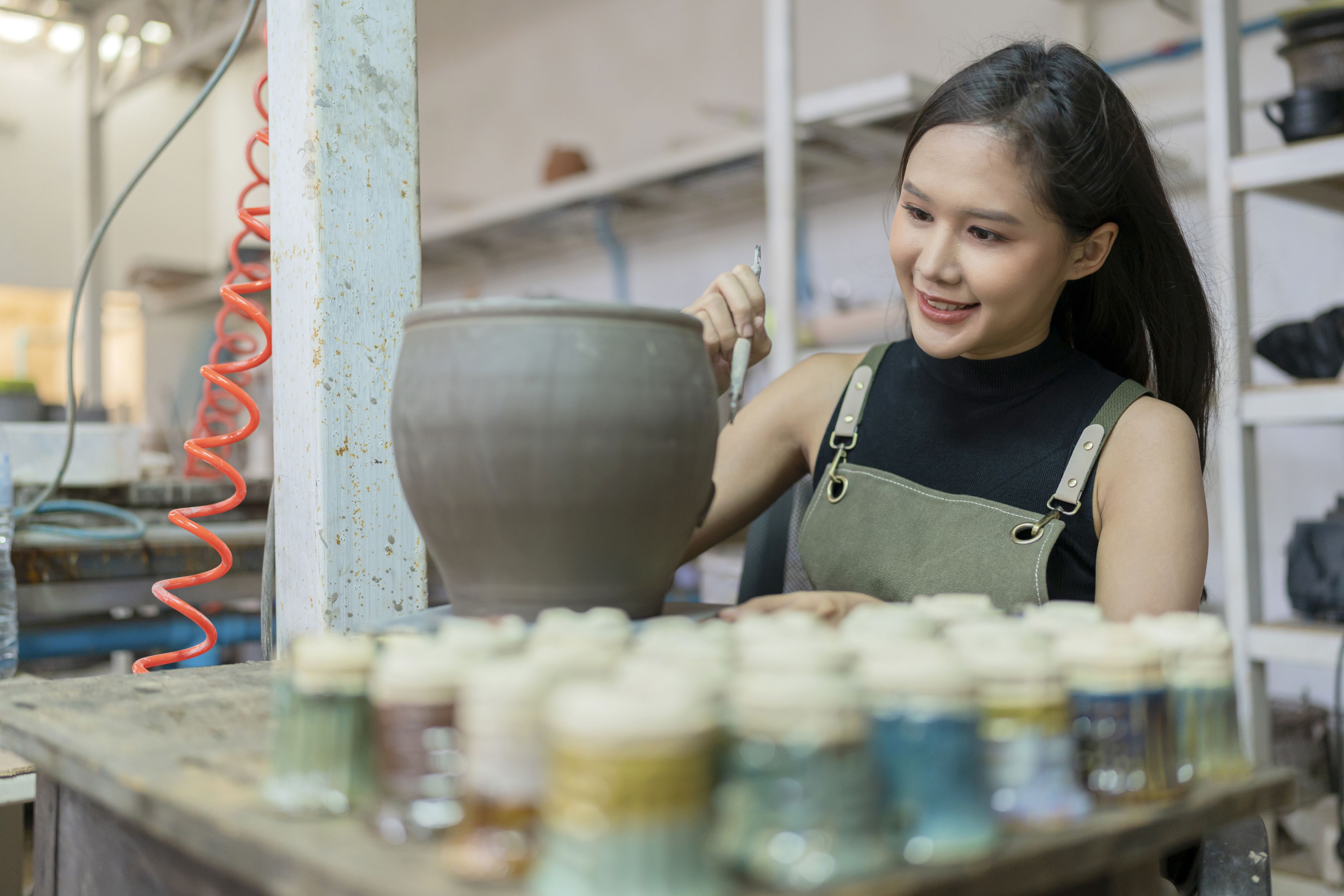
Women-led businesses – particularly those in the global south – are still struggling to recover after the pandemic. And they have a key role to play in boosting their local economies. We report on an initiative which is reaching hundreds of women entrepreneurs across South East Asia to offer the skills, connections and knowledge they need to rebuild their enterprises, and bring positive change to their communities.
The economic reverberations of the Covid-19 pandemic are still being felt across the world. But while many businesses have been able to make cutbacks, pivot or move on, many of the smallest entrepreneurs – and especially women in developing countries – still need support to keep afloat after the lockdowns, disruptions to family life, and increases in their caring responsibilities that occurred during the pandemic.
Even before the pandemic, women-owned small businesses in developing countries struggled to gain equal access to markets and capital. What’s more, these women also faced a multitude of other challenges, such as low confidence, limited access to technology as well as lack of skills to use it, less ability to travel compared with their male counterparts and scarce access to networks, especially for women from underprivileged backgrounds.

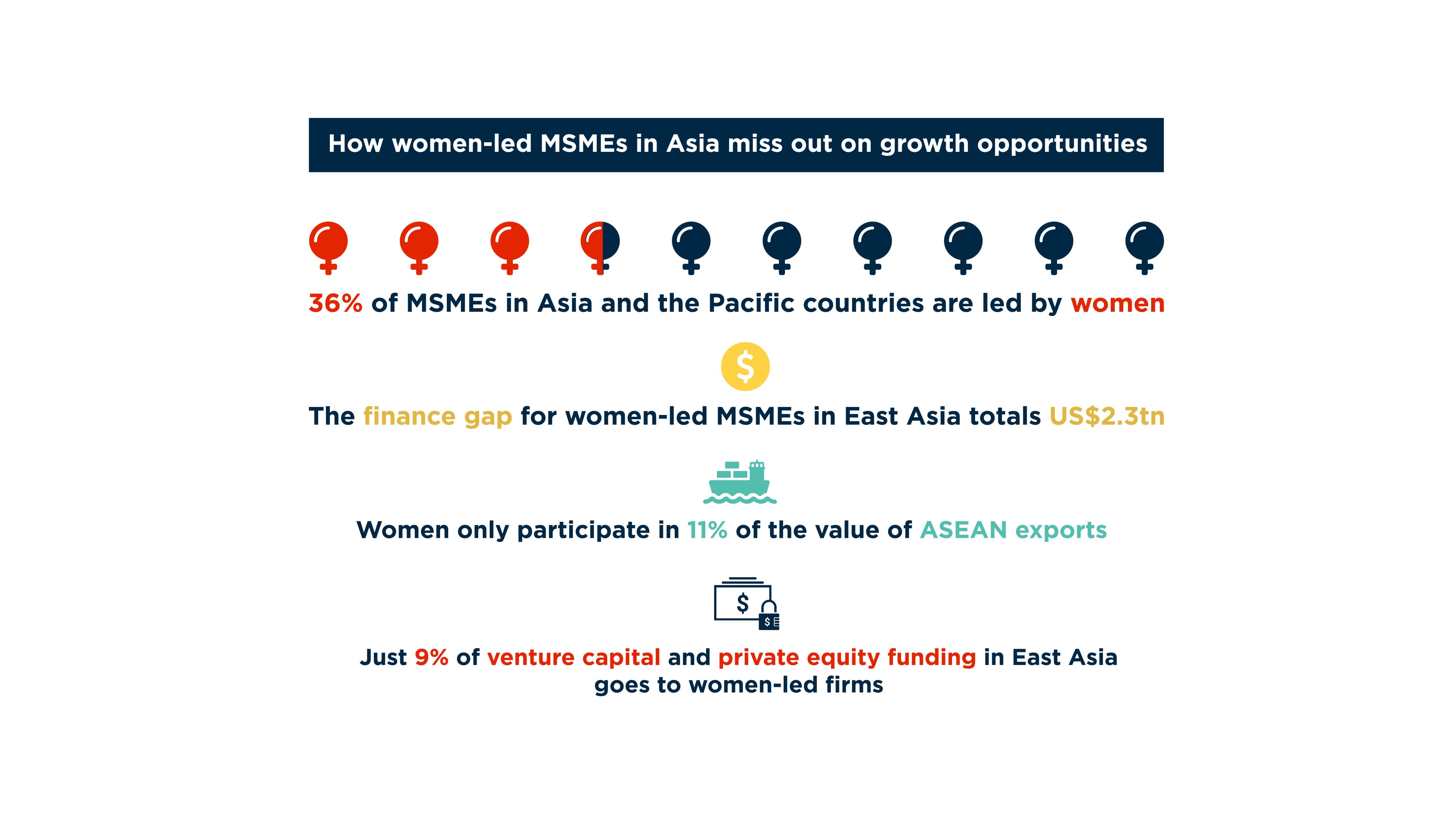
The pandemic has exacerbated these challenges. According to research published by the British Council in late 2020, women-led social enterprises were particularly adversely affected by the crisis. Almost a third had seen activity reduce, 10% had temporarily closed, and 3% had permanently closed. They were also much more likely than other social enterprises to say that government support wasn’t available to them (44% of women-led social enterprises compared with a 38% overall average for all social enterprises).
This has attracted the attention of policymakers, some of whom are pushing forward initiatives to boost the economic empowerment of women post-pandemic. For example, in October 2022, the Association of Southeast Asian Nations and UN Women launched an ‘action brief’ to encourage more equal participation of women in businesses.
“Women have disproportionately borne the negative effects of the pandemic in terms of unemployment, income loss, business failure, increased risk of domestic violence and increased unpaid domestic and care responsibilities. Therefore, inclusive economic recovery lags as a result,” stated the brief. And speaking at the launch, the secretary general of ASEAN, Dato Lim Jock Hoi, emphasised the transformative role of women as agents of inclusive economic growth. “More than a moral imperative, bridging the gender gap makes economic sense,” he said.
“More than a moral imperative, bridging the gender gap makes economic sense”
Dato Lim Jock Hoi, secretary general ASEAN
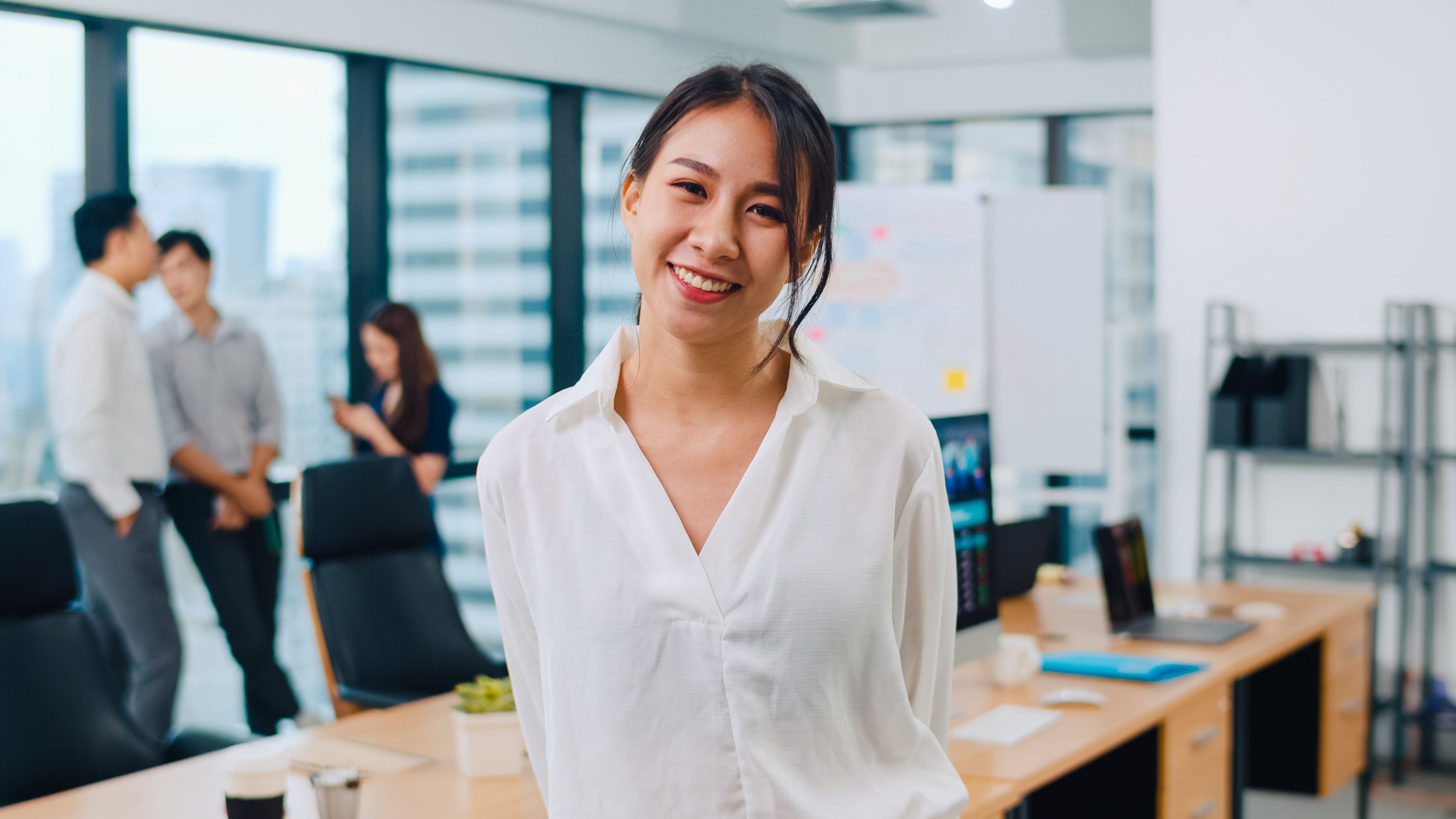
The Asia-Pacific region’s network of social investors, AVPN, is also keen to bring attention to this problem. “This widening gap has disastrous implications for the economic empowerment and development of women across the world,” says Natasha Rynjah from AVPN’s capital mobilisation team.
“In Asia, where the gender gap is large, and where women entrepreneurs tend to operate in the most disadvantaged sectors and at the lower end of the value chain, the active and meaningful inclusion of women entrepreneurs is vital.”
She adds: “Women are the backbone of many economies around the world, most crucially in low and middle income countries where women-run businesses have a key role in poverty reduction, employment generation and economic diversification. If women-run businesses are enabled with equal access to knowledge, skills and resources, we will see the economic uplift that societies desperately need post-pandemic.”
What needs to happen, she says, is immediate action to support women entrepreneurs to create sustainable and resilient business models, and strengthen their networks.
“If women-run businesses are enabled with equal access to knowledge, skills and resources, we will see the economic uplift that societies desperately need post-pandemic”
Natasha Rynjah, AVPN
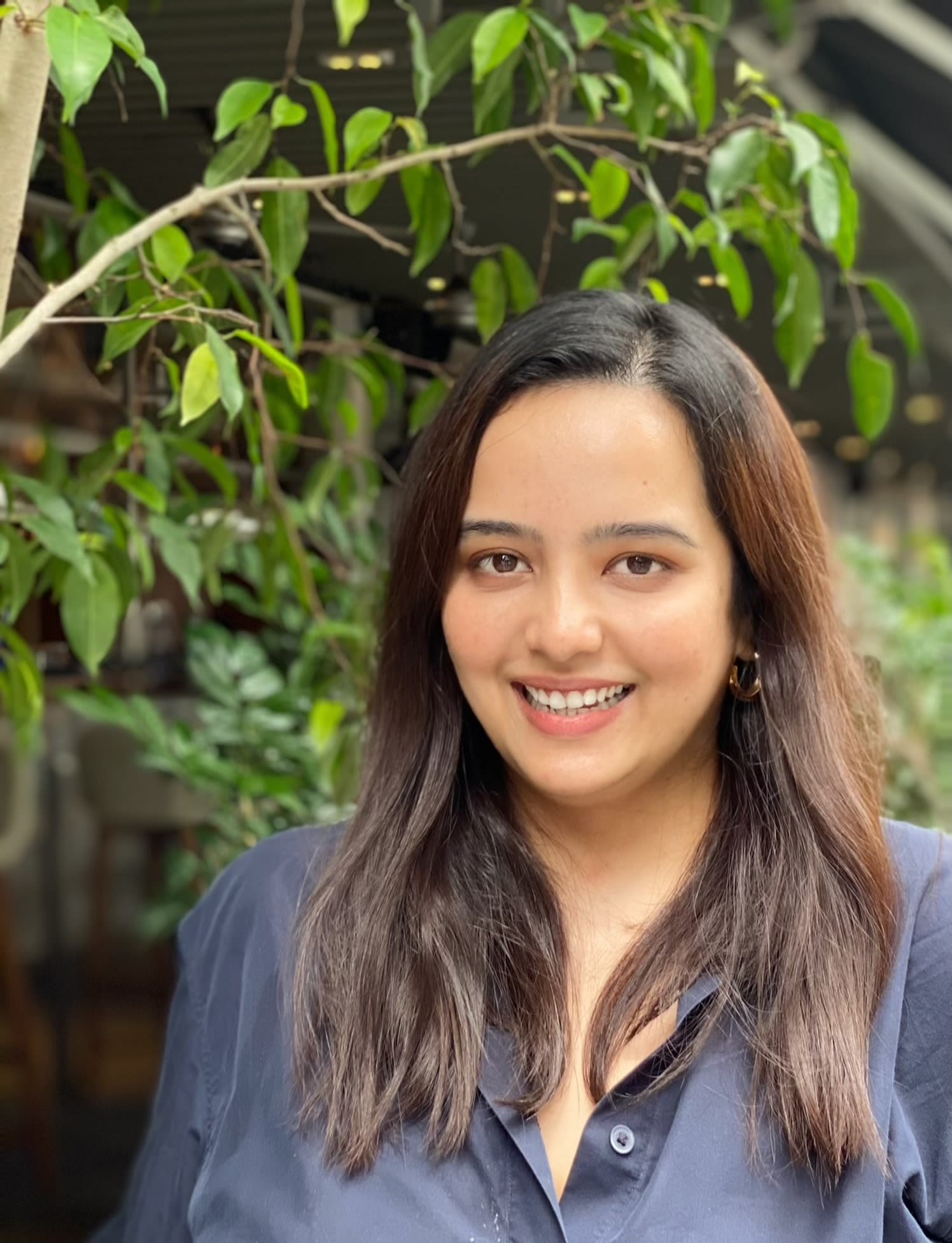
In response, AVPN, in partnership with Moody’s, a global risk assessment firm, launched the Stimulating Entrepreneurship and Business Growth programme in September 2021, which was open to women-led and women-focused impact organisations whose work had been affected by the pandemic.
The programme ran across five South East Asian countries during 2021 and 2022: Singapore, Malaysia, Indonesia, the Philippines and Vietnam. Its aim was to bring social entrepreneurs the tools, skills and knowledge they need to grow their businesses, build their resilience and recover from the impact of the pandemic.
As pandemic restrictions were still in force in many areas, and to reach a geographically dispersed audience, the programme was delivered online. Four webinars, featuring expert speakers and mentors including 18 volunteers from Moody’s, delved into some of the current challenges that enterprises are facing, and social investors were invited to take part to offer their perspectives on how they can support organisations to scale. Participants took part in interactive workshops to examine their own organisations’ investment readiness, practise their ‘elevator pitches’ and explore ways that they can access capital in their specific markets. And networking among the participants was important too, creating a community that could share their challenges and solutions.
“At Moody’s we are committed to empowering people with the resources and knowledge they need to unlock opportunity and thrive,” says Anthony Sanchez, vice president of community impact at Moody’s. “Through our Stimulating Entrepreneurship and Business Growth programme, we will continue to connect women entrepreneurs in the Asia-Pacific region with our network of employee mentors to help them tackle challenges and take their enterprises to the next level.”
'Entrepreneurship is a key pathway for advancing women's economic empowerment’: Naina Subberwal Batra, AVPN
'Entrepreneurship is a key pathway for advancing women's economic empowerment’: Naina Subberwal Batra, AVPN
As the Stimulating Entrepreneurship and Business Growth programme concluded, it had reached 121 women-led and women-focused impact enterprises across the five target markets and they had each been offered 56 hours of learning.
'I envision an equal world where all women have equal chances to opportunity, growth and advancement’: Wendy Cheong, Moody’s Investor Service
'I envision an equal world where all women have equal chances to opportunity, growth and advancement’: Wendy Cheong, Moody’s Investor Service
In the programme impact analysis, many participants highlighted that they found it helpful to understand the landscape of funders available to their enterprises and how to approach them. A lot said that they were better able to access and understand new markets and that they were confident in developing a larger market share over the coming financial year – some even said that they were pivoting their business plans to promote growth. They also appreciated being able to engage with other similar organisations within the group.
There were also suggestions for how the programme could have an even greater impact. Many participants said that they would like more strategic introductions to potential investors through a programme like this, and some would have really valued more one-to-one time with the programme’s mentors and experts to delve more deeply into the possible solutions that they could explore.
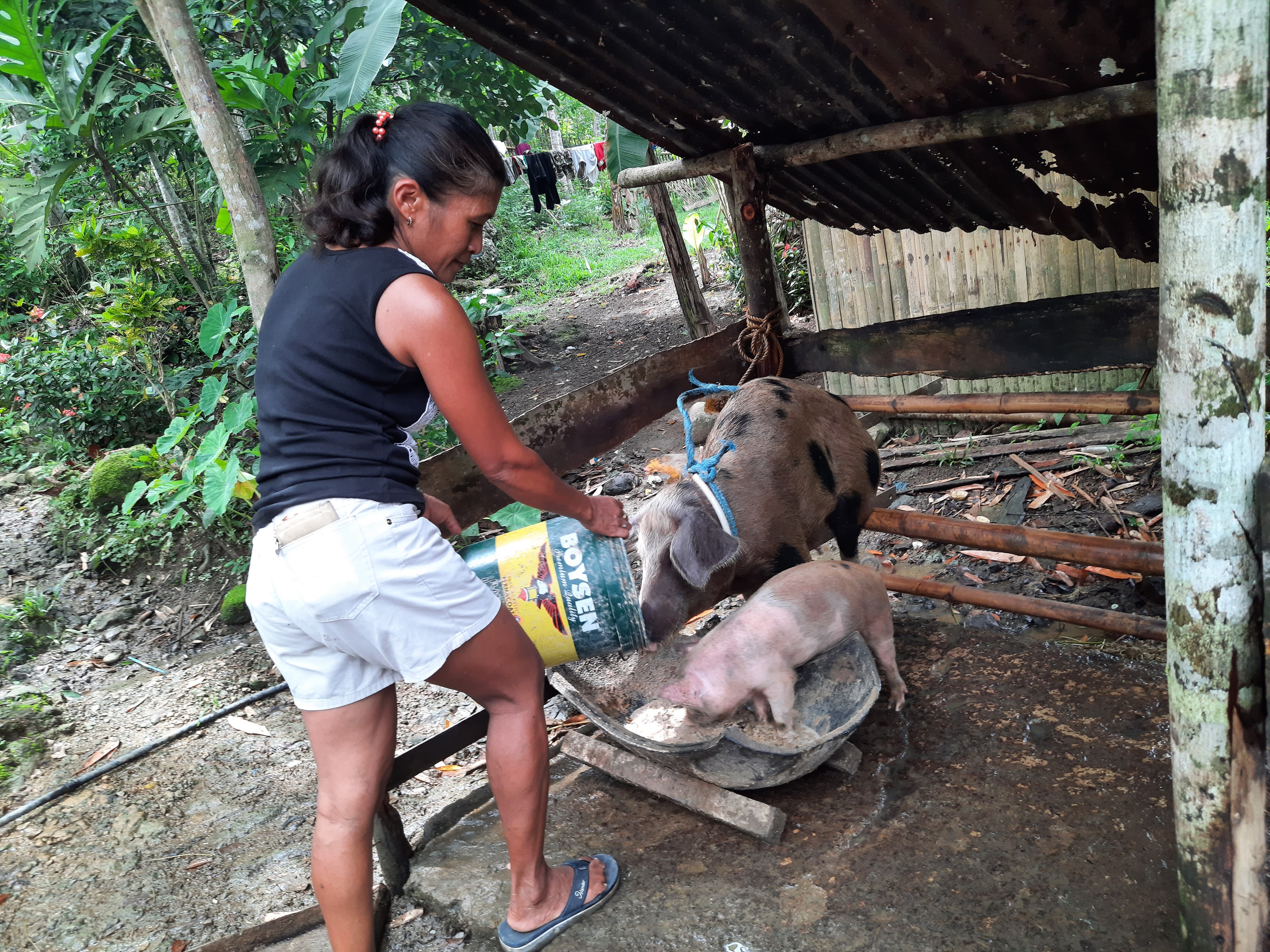
IIRR empowers women smallholders across Asia like this pig farmer
IIRR empowers women smallholders across Asia like this pig farmer
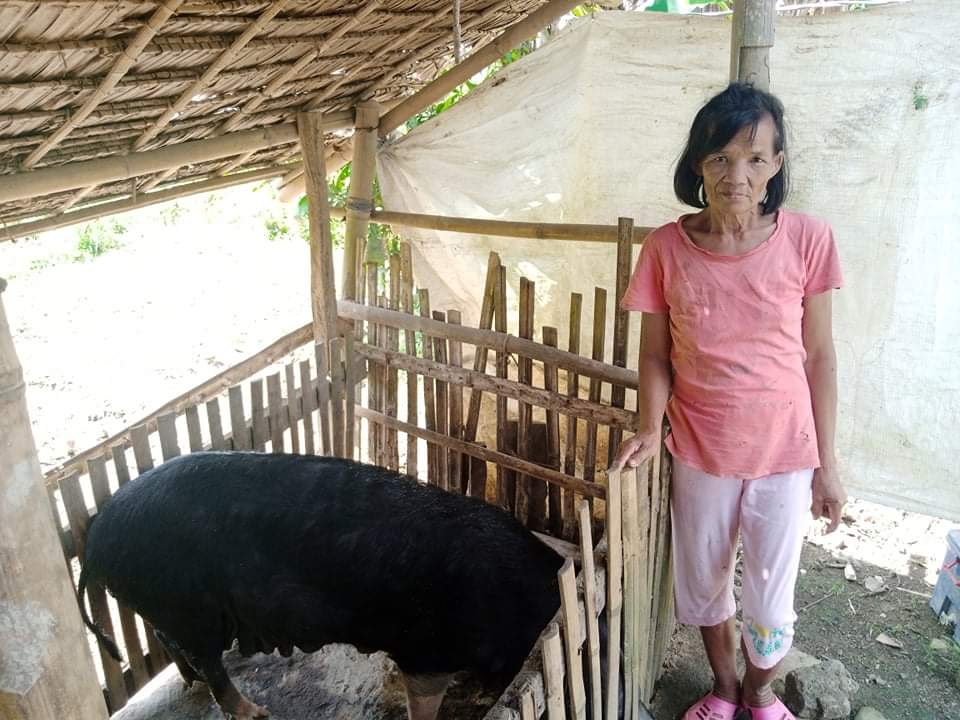
IIRR empowers women smallholders across Asia like this pig farmer
IIRR empowers women smallholders across Asia like this pig farmer
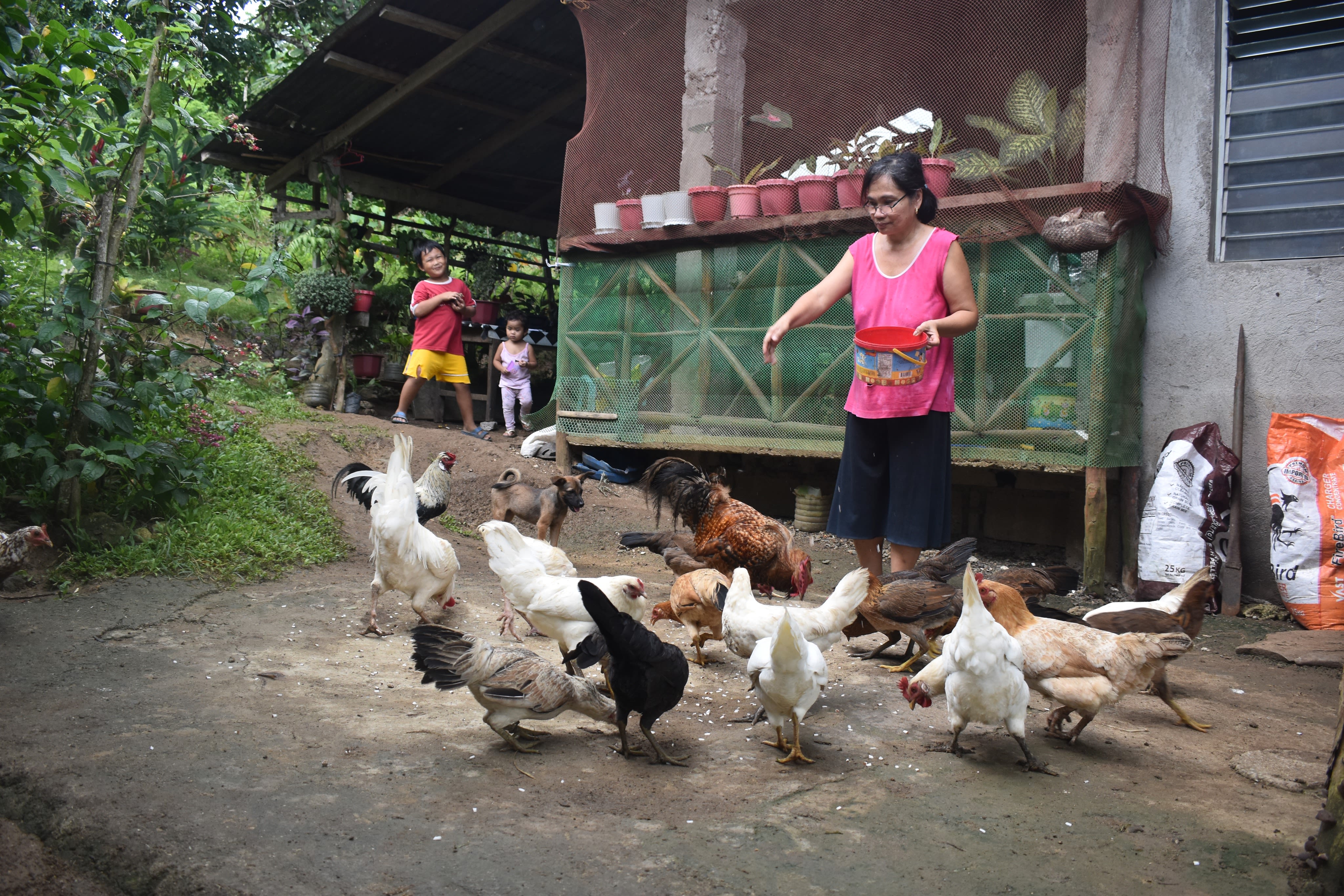
IIRR empowers women smallholder farmers across Asia like this chicken farmer
IIRR empowers women smallholder farmers across Asia like this chicken farmer
As the team plans for the second edition of the programme, Natasha Rynjah says: “As we grow this capacity building programme with Moody’s, we will continue to leverage on the AVPN network to bring in experts, investors and funders to share and connect with the women entrepreneurs, while also working towards reducing the information asymmetry between women-led and women-focused enterprises and the social investing community, while broadening access to data and information. We are pleased with the interest that we received from the AVPN community and we hope to continue supporting women-led and women-focused impact organisations to access capital, information and knowledge to scale their impact.”
‘The balance between purpose and profit is challenging’
Selvamalar Selvaraju
CEO, Primus Wellness
In 2020, Selvamalar Selvaraju set up a social enterprise in Malaysia, Primus Wellness, to supplement the funds of a vocational school that she had co-founded a decade previously for at-risk young people. With a plantation of fast-growing moringa trees taking root on the school campus, the plan was to sell moringa supplements, which are highly valued for their powerful healing properties, and other herbal products.
As the impact of the Covid-19 pandemic hit the country a few months later, Selvamalar saw many people struggling to make a living. She quickly decided to offer the opportunity to people – especially women and people from marginalised communities – to sell the herbal products with zero investment from them.
Two years later, Primus Wellness has created hundreds of micro-entrepreneurs. Not only does the social enterprise provide them with the products to sell, but it also supports them with training and advice.
In spite of this early success, Selvamalar felt that she needed to learn more about being a successful female social entrepreneur, so the Stimulating Entrepreneurship and Business Growth programme came at exactly the right time.
“It’s so challenging, the balance between purpose and profit,” she says. She valued the opportunity to meet other people doing similar work across different markets as well as working through a pitch presentation to potential investors.
What was a real “eye-opener”, she says, was discovering that there were impact investors who were actually looking for women-led enterprises to support, and using a gender lens for their investments.
“I know that I have all that it takes to be a good social entrepreneur,” she says. “But I need more resources and a team.”
Selvamalar is building upon what she learned in the programme by reaching out to new contacts. “I’m trying to knock on as many doors as possible,” she says.
She is sure that there is a bright future for Primus Wellness: “We have got good revenues. We have a lot of potential.”
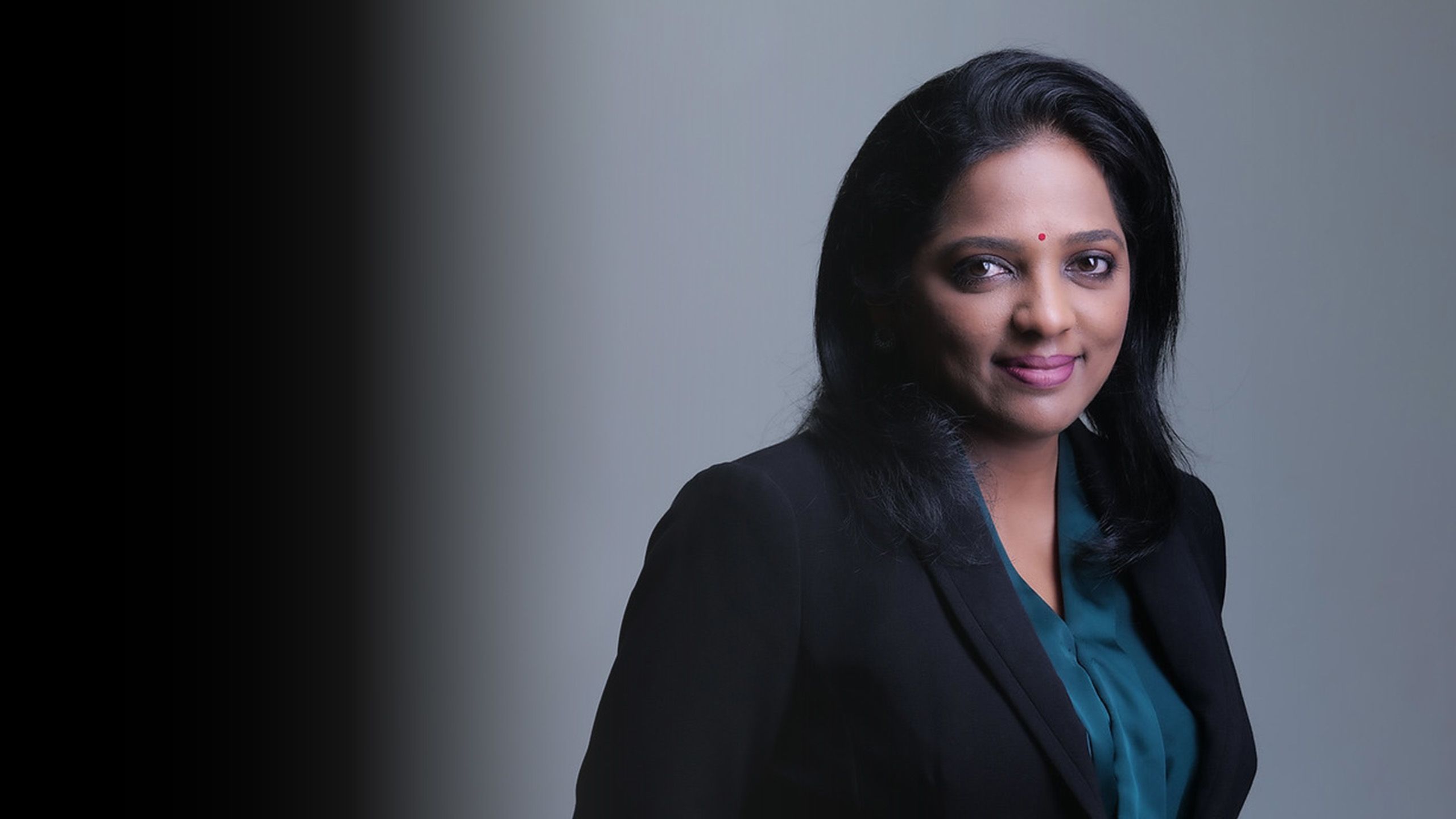
Participants’ voices

“Thank you so much for an insightful and very practical workshop. I will take back the lessons learned to improve what we do going forward”
Trang Nguyen, CEO, Teach for Vietnam Education Consulting Company
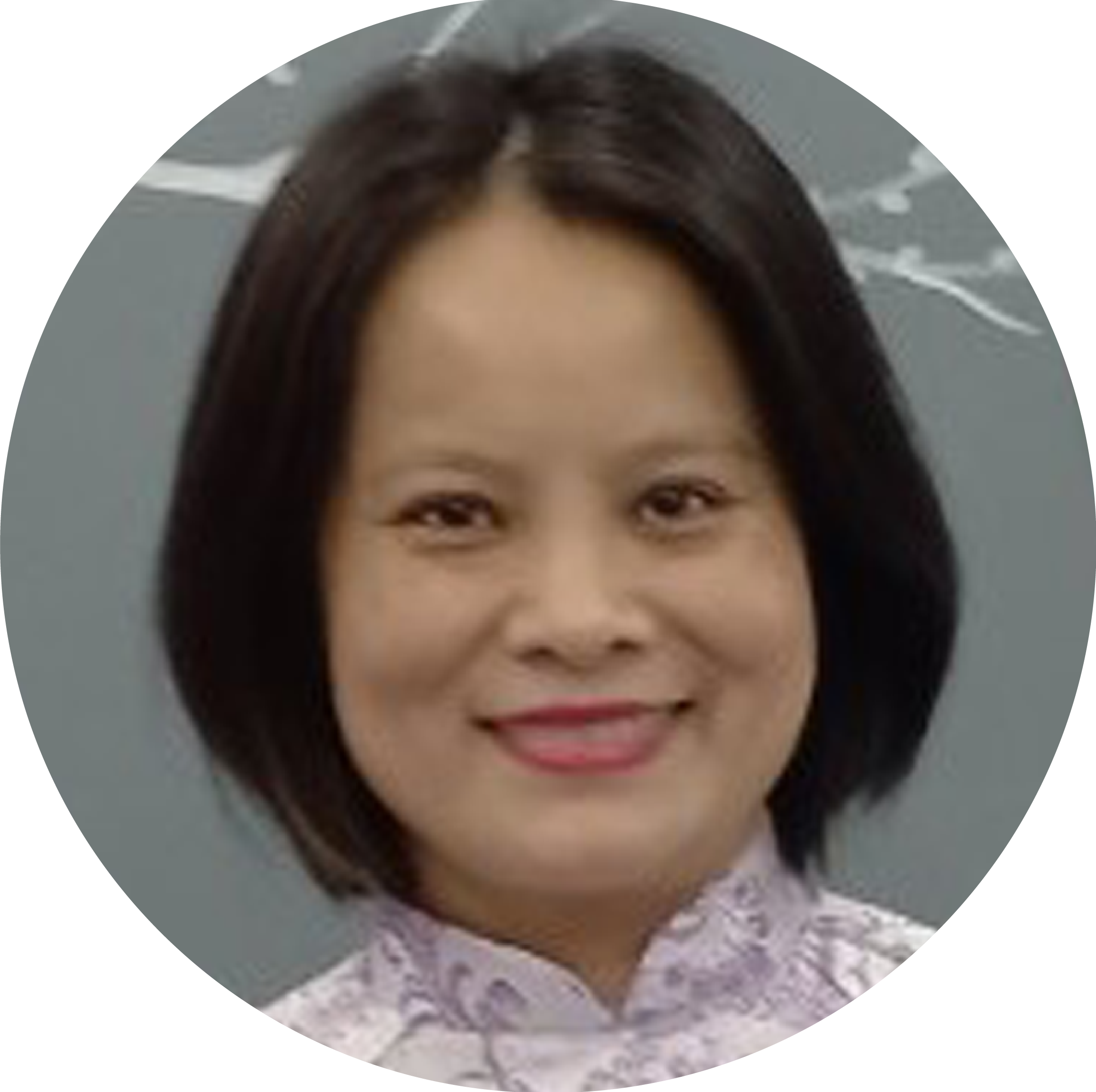
“Thank you, it was a programme with useful information”
Chu Thi Thang Hurong, founder and CEO, HLCS Vietnam Co
AVPN and Moody’s are partnering again to bring the second edition of the Stimulating Entrepreneurship and Business Growth programme to women entrepreneurs and leaders across the Asia-Pacific region. This year’s edition is a nine-month capacity-building programme which will place a focus on for-profit impact organisations which are seeking knowledge, skills and tools to unlock additional support in terms of both financial and non-financial capital. Applications for the second edition of the programme are now open. See here.
Header image by Lifestylememory on Freepik; image of woman in office by tirachardz on Freepik; other photos courtesy AVPN, IIRR, Primus Wellness, Teach for Vietnam Education Consulting Company and HLCS Vietnam Co. Pioneers Post team: design by Fanny Blanquier, video editing by Laura Joffre, reporting by Julie Pybus.

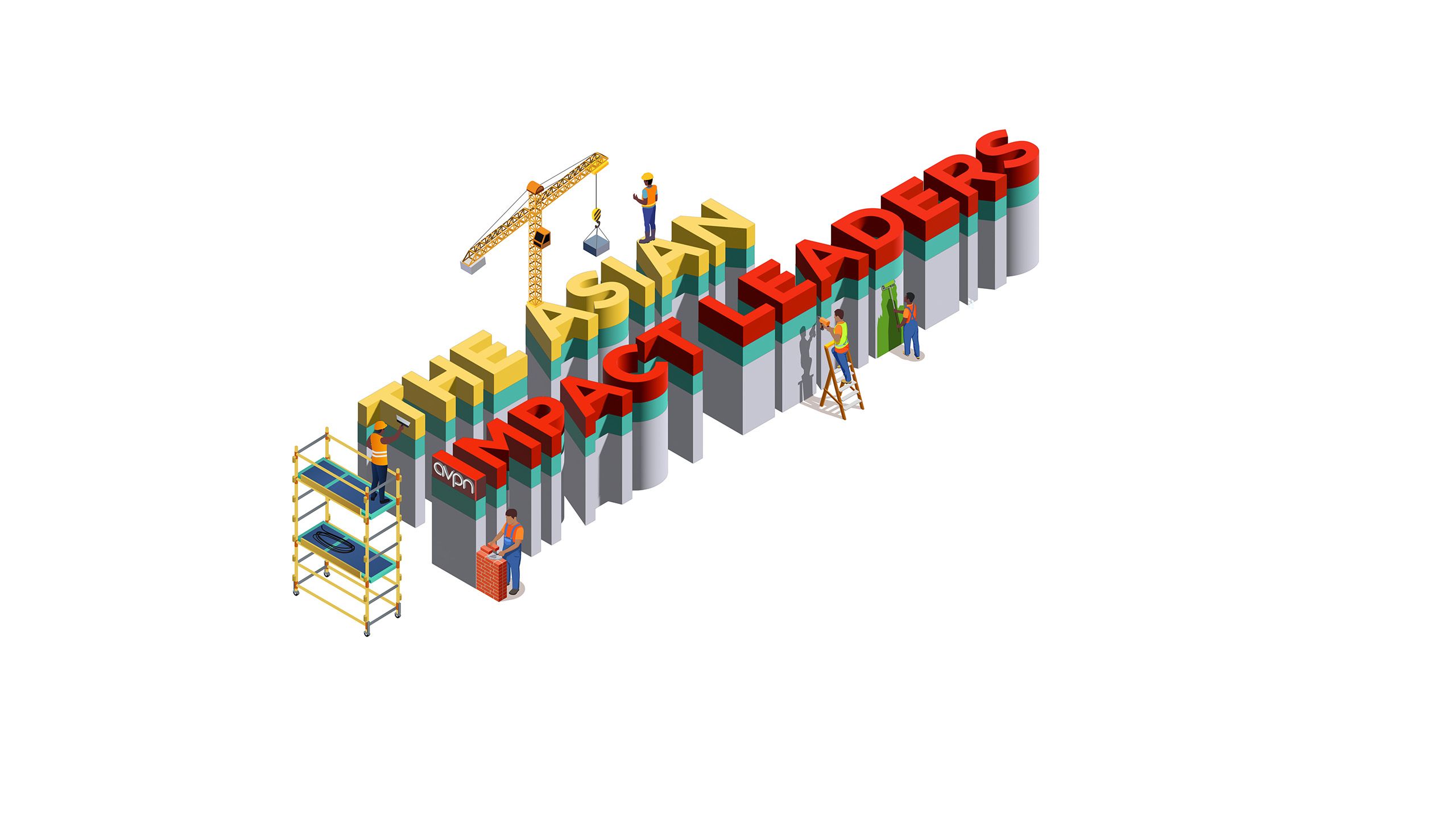
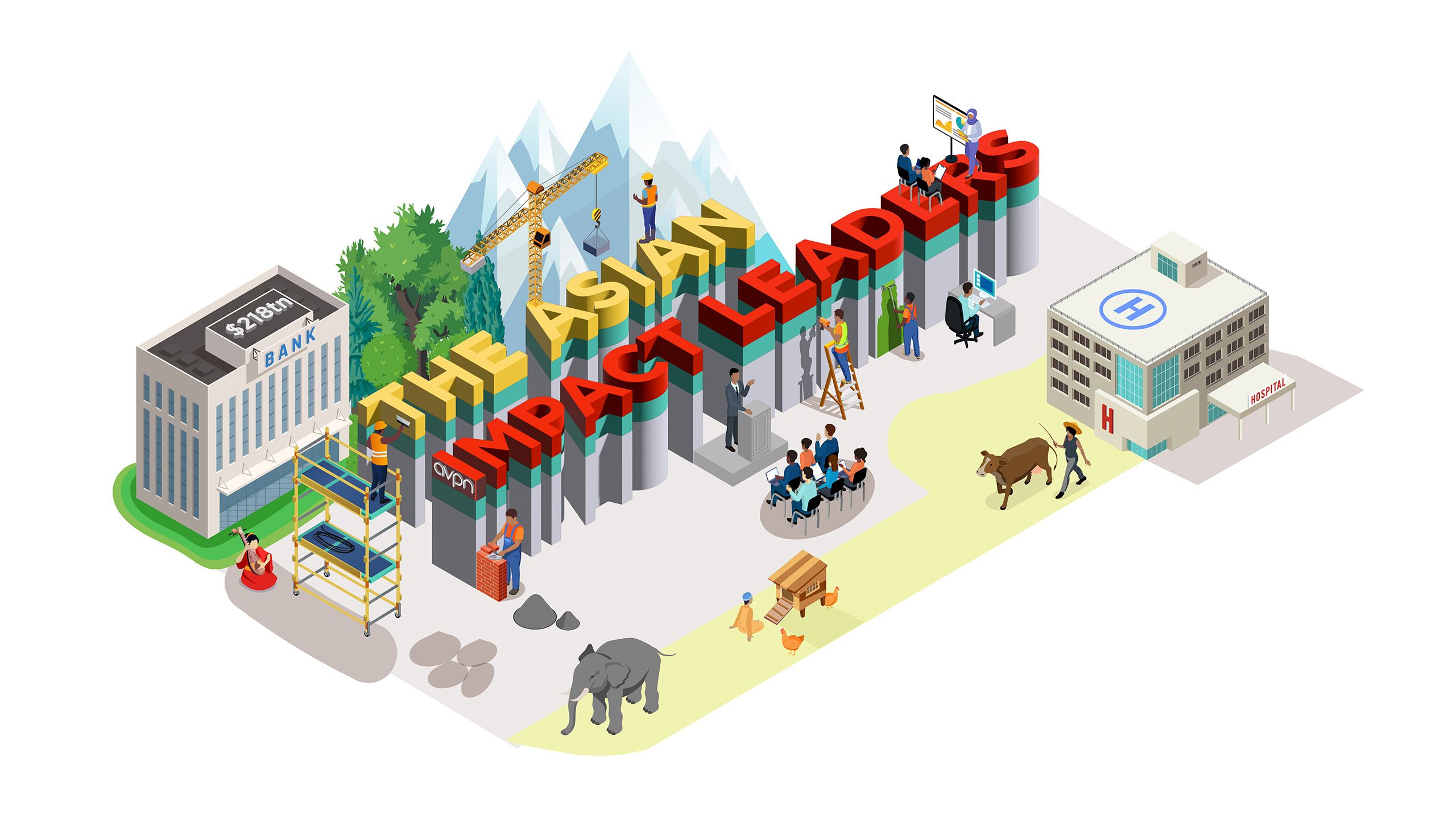
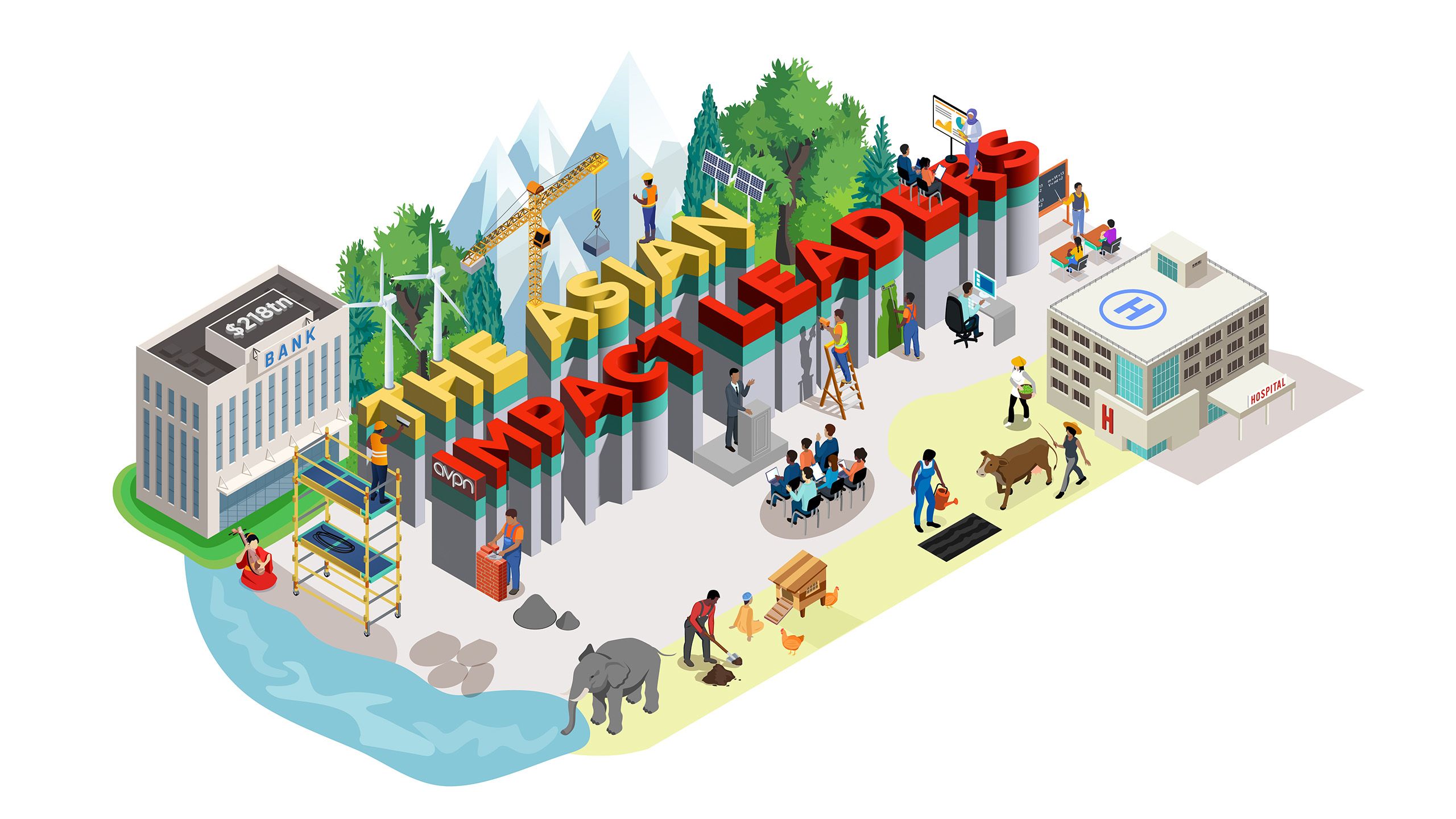
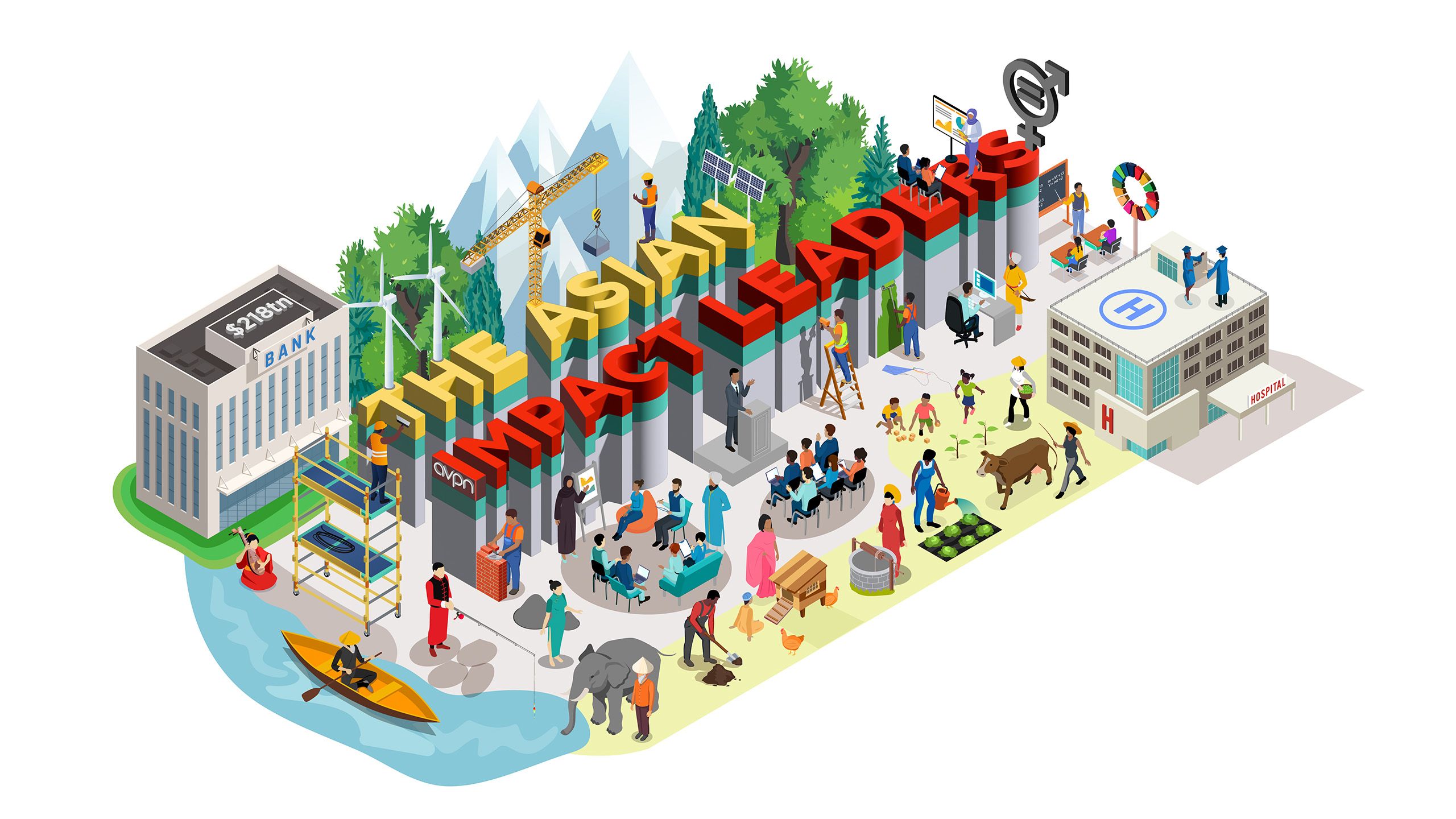
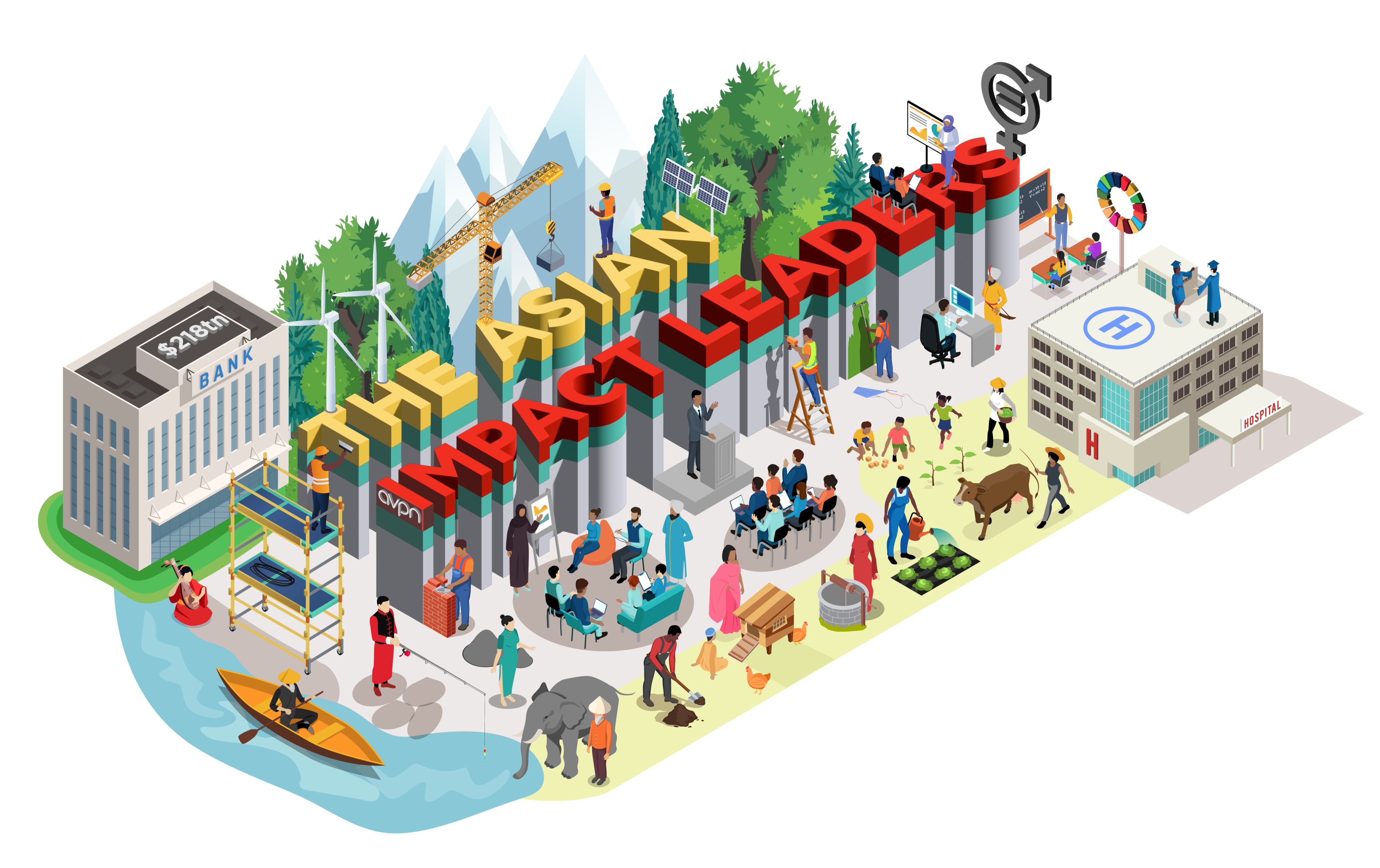
This immersive feature was produced by Pioneers Post in partnership with AVPN. Stay tuned for more articles in The Asian Impact Leaders collection exploring Asian leaders’ work to build a sustainable, just, inclusive and resilient future.
Get in touch if you'd like to tell your story.
J O I N T H E I M P A C T P I O N E E R S
SUPPORT OUR IMPACT JOURNALISM
As a social enterprise ourselves, we’re committed to supporting you with independent, honest and insightful journalism – through good times and bad.
But quality journalism doesn’t come for free – so we need your support!
By becoming a fully paid-up Pioneers Post subscriber, you will help our mission to connect and sustain a growing global network of impact pioneers, on a mission to change the world for good. You will also gain access to our ‘Pioneers Post Impact Library’ – with hundreds of stories, videos and podcasts sharing insights from leading investors, entrepreneurs, philanthropists, innovators and policymakers in the impact space.


